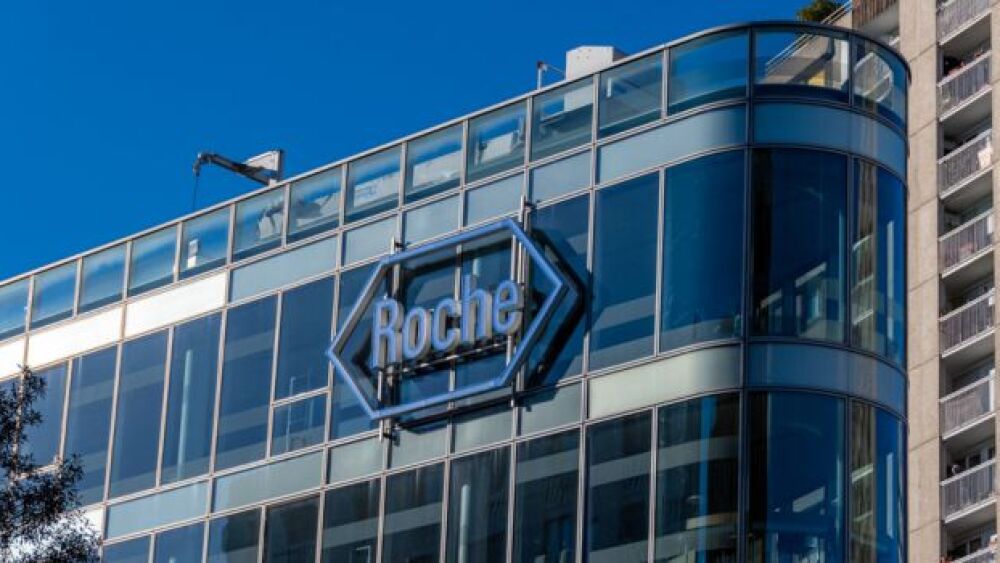BOTHELL, Wash.--(BUSINESS WIRE)--Seattle Genetics, Inc. announced today that it has discontinued the SeaGen MARINER clinical trial based on a determination that the trial would be unlikely to meet its primary endpoint of superior complete response rate in the dacetuzumab combination arm as compared to the placebo combination arm. The SeaGen MARINER trial was a randomized, double-blind phase IIb clinical trial of dacetuzumab or placebo in combination with Rituxan® (rituximab) plus ifosfamide, carboplatin and etoposide (R-ICE) chemotherapy for patients with relapsed or refractory diffuse large B-cell lymphoma (DLBCL). The trial was closed based upon a recommendation by the Independent Data Monitoring Committee (IDMC) following a pre-specified interim analysis conducted on Friday, October 2, 2009. As a result of the closure, dacetuzumab will no longer be provided to patients enrolled on the trial.
Dacetuzumab is a humanized monoclonal antibody that targets the CD40 antigen, which is expressed on most B lineage hematologic malignancies, as well as some solid tumors. Seattle Genetics is developing dacetuzumab under a worldwide collaboration agreement with Genentech, a wholly owned member of the Roche Group. An oral presentation of a phase Ib clinical trial evaluating dacetuzumab in combination with Rituxan and Gemzar® (gemcitabine) will be made on December 7, 2009 at the American Society of Hematology annual meeting taking place in New Orleans, LA.
“We are disappointed that the interim analysis of the phase IIb clinical trial resulted in discontinuation of the study, especially given the unmet medical need for DLBCL patients,” said Clay B. Siegall, Ph.D., President and Chief Executive Officer of Seattle Genetics. “In collaboration with Genentech, we will conduct a detailed analysis of data from the SeaGen MARINER trial. In addition, we are continuing four ongoing phase Ib studies of dacetuzumab for non-Hodgkin lymphoma and multiple myeloma. We thank the patients and investigators for their participation and commitment to the clinical evaluation of dacetuzumab.”
The SeaGen MARINER trial was initiated in December 2007 and designed to accrue 224 relapsed or refractory DLBCL patients, of which approximately two-thirds were enrolled. Patients were treated with either R-ICE plus dacetuzumab or R-ICE plus placebo. The interim analysis was conducted on data from approximately half of the 224 total patients who were to be enrolled on the trial.
About Seattle Genetics
Seattle Genetics is a clinical stage biotechnology company focused on the development and commercialization of monoclonal antibody-based therapies for the treatment of cancer and autoimmune disease. The company’s lead product candidate, brentuximab vedotin (SGN-35), is being evaluated in a pivotal trial under a special protocol assessment with the FDA. Brentuximab vedotin is empowered by Seattle Genetics’ proprietary ADC technology comprising highly potent synthetic drugs and stable linkers for attaching the drugs to monoclonal antibodies. In addition, Seattle Genetics has three other product candidates in clinical trials: lintuzumab (SGN-33), dacetuzumab (SGN-40) and SGN-70. Seattle Genetics has collaborations for its ADC technology with a number of leading biotechnology and pharmaceutical companies, including Genentech, Bayer, CuraGen, Progenics, Daiichi Sankyo, MedImmune, a subsidiary of AstraZeneca, and Millennium: The Takeda Oncology Company, as well as an ADC co-development agreement with Agensys, a subsidiary of Astellas Pharma. More information can be found at www.seattlegenetics.com.
Certain of the statements made in this press release are forward looking, such as those, among others, relating to the continuation of the ongoing phase Ib clinical trials evaluating dacetuzumab. Actual results or developments may differ materially from those projected or implied in these forward-looking statements. Factors that may cause such a difference include risks related to adverse or inconclusive clinical trial results in the ongoing phase Ib clinical trials, including the inability to show that dacetuzumab is effective or to show sufficient safety in such clinical trials, risks related to Seattle Genetics’ ability to recruit and enroll a sufficient number of patients to participate in such clinical trials, risks related to adverse medical events that may be observed in such clinical trials, and risks related to Seattle Genetics’ ability to maintain its collaborations, including its dacetuzumab collaboration with Genentech. More information about these and other risks and uncertainties faced by Seattle Genetics is contained under the heading “Risk Factors” in the company’s quarterly report on Form 10-Q for the quarter ended June 30, 2009 filed with the Securities and Exchange Commission. Seattle Genetics disclaims any intention or obligation to update or revise any forward-looking statements, whether as a result of new information, future events or otherwise.
Contact:
Seattle Genetics, Inc. Peggy Pinkston, 425-527-4160 ppinkston@seagen.com




